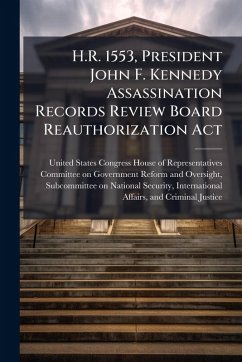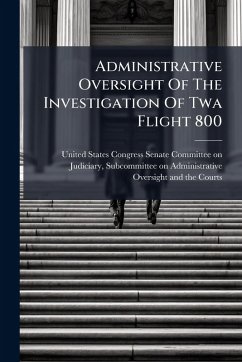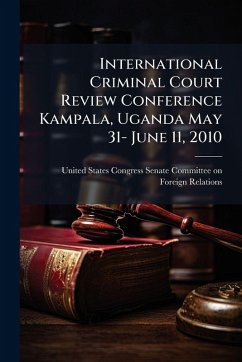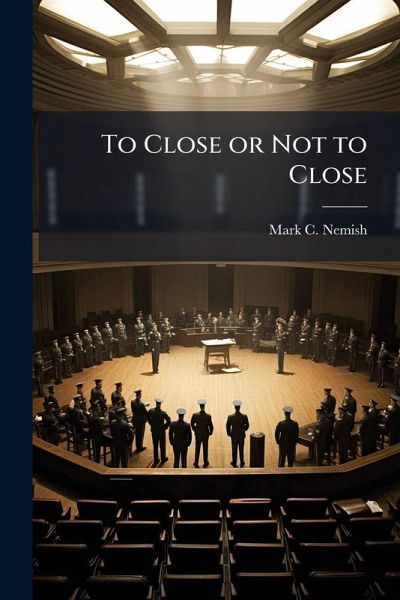
To Close or Not to Close

PAYBACK Punkte
7 °P sammeln!
After September 11, 2001, the United States began a global campaign to eliminate terrorists and their support networks. During the Global War on Terror, President George Bush established the detention facility at Guantanamo Bay, Cuba to hold individuals captured during military operations in Afghanistan and Iraq. From the very beginning, Guantanamo Bay has faced criticism throughout the world. The Bush administration was ill prepared to begin and sustain detainee operations and failed to properly classify detainees under the Geneva Conventions. Subsequently, the Administration developed questi...
After September 11, 2001, the United States began a global campaign to eliminate terrorists and their support networks. During the Global War on Terror, President George Bush established the detention facility at Guantanamo Bay, Cuba to hold individuals captured during military operations in Afghanistan and Iraq. From the very beginning, Guantanamo Bay has faced criticism throughout the world. The Bush administration was ill prepared to begin and sustain detainee operations and failed to properly classify detainees under the Geneva Conventions. Subsequently, the Administration developed questionable legal processes for the detainees by capitalizing on the "legal-free" environment offered at Guantanamo Bay, which led many to call for the closure of the detention facility. After only two days in office, President Barack Obama ordered the closure of Guantanamo Bay and a review of all detainees to ensure proper classification, prosecution, and need for continued detention. Is the closure of Guantanamo Bay necessary or is the problem the policy and procedures regarding the detainees and the conditions of their detention? This paper presents the history of the classification and legal processes that faced the detainees since the first days of Guantanamo Bay. It then analyzes the arguments for keeping it open and closing it down and it examines the future steps required to close Guantanamo Bay in accordance with President Obama's executive order. Finally, it offers recommendations on how the U.S. can properly handle the disposition of detainees, to include legal due process in the U.S. criminal justice system, while still utilizing the detention center at Guantanamo Bay. Closing Guantanamo Bay is the wrong answer. The U.S. must revamp the its methods for dealing with detainees during the GWOT and for any future military campaigns. This work has been selected by scholars as being culturally important, and is part of the knowledge base of civilization as we know it. This work was reproduced from the original artifact, and remains as true to the original work as possible. Therefore, you will see the original copyright references, library stamps (as most of these works have been housed in our most important libraries around the world), and other notations in the work. This work is in the public domain in the United States of America, and possibly other nations. Within the United States, you may freely copy and distribute this work, as no entity (individual or corporate) has a copyright on the body of the work. As a reproduction of a historical artifact, this work may contain missing or blurred pages, poor pictures, errant marks, etc. Scholars believe, and we concur, that this work is important enough to be preserved, reproduced, and made generally available to the public. We appreciate your support of the preservation process, and thank you for being an important part of keeping this knowledge alive and relevant.



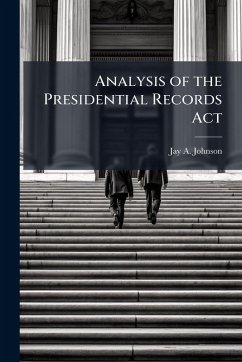

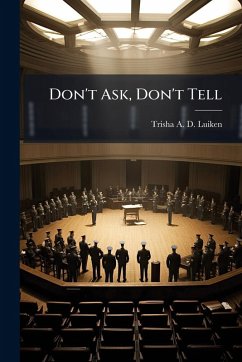
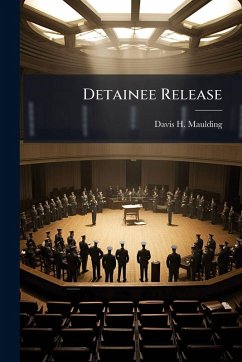
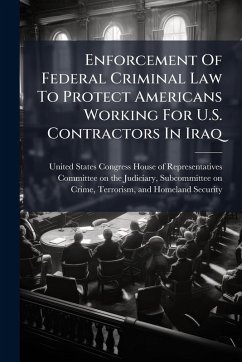
![The Sweep of the Sword [microform]: a Battle Book for Boys: an Account of the Wars of the World From the Earliest Ages to the Close of the South Afric Cover The Sweep of the Sword [microform]: a Battle Book for Boys: an Account of the Wars of the World From the Earliest Ages to the Close of the South Afric](https://bilder.buecher.de/produkte/65/65531/65531154n.jpg)
